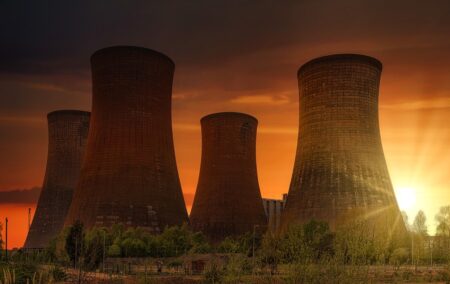National Treasury has failed to release a report by a German consultancy on Eskom’s coal-fired power stations, according to City Press.
The newspaper reports that energy experts say this is concerning in light of the Department of Mineral Resources and Energy’s (DMRE’s) plan to extend the life of the power stations.
The report by VGBE Energy was being kept under wraps, despite three Promotion of Access to Information Act requests from the Centre for Environmental Rights (CER).
The VGBE assessment was one of the many conditions for the R247 billion bailout that Finance Minister Enoch Godongwana announced last year.
CER’s Leanne Govindsamy is quoted as saying that the delay is problematic, as the DMRE’s latest Integrated Resource Plan (IRP) proposes that Eskom should extend the life of the nation’s coal fleet.
Although the IRP has several plans to produce energy, the ‘least cost’ plan is heavily reliant on coal, while criticising renewable energy.
‘Energy pathways based on renewable and clean energy technologies only deliver the desired outcome in so far as decarbonising the power system,’ the energy department said.
‘These pathways do not provide security of supply, while carrying the highest cost to implement’.
By delaying the shutdown at five key stations whose end of life is post-2025, the DMRE said that more than 8,000MW could be saved by 2050 from the previous plan in the IRP 2019.
Delaying the planned shutdown of Tutuka power station by 2030 could also save 3,500 MW.
The plan also states that nuclear power is a crucial form of clean energy, and gas-to-power technologies have also been touted as a complement to renewable energy projects.
Hartmut Winkler, Professor of Physics, University of Johannesburg, said that the plan’s cost estimates didn’t consider the most inexpensive combination of wind and photovoltaic solar, with some battery storage.

